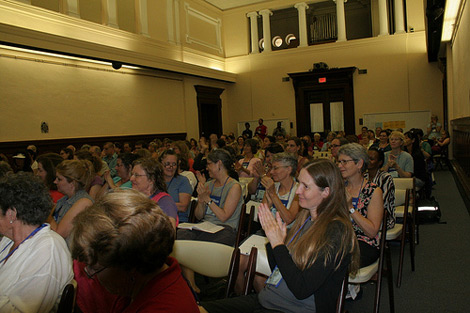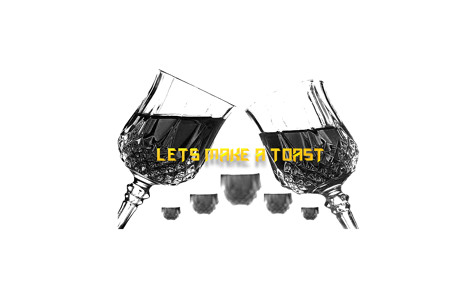by Kim Van Sickler
It's not time for the Secondary Characters Bloghop yet, but Dolores Umbridge is one of my favorite supporting characters. For those of you who aren't Harry Potter fans, she is a Ministry of Magic official and one in a line of Defense Against the Dark Arts teachers at Hogwarts. She should be a nice grandmotherly type. Her favorite color is pink...she's frilly and dowdy...speaks in a low, sugary voice...a tea drinker...and obsessed with cats. By all appearances she should be a warm, nurturing type. But she's not. She's a stone cold sadist.
Here's our first real impression of her at the start-of-term banquet: "Thank you, Headmaster," Professor Umbridge simpered, "for those kinds words of welcome."
Her voice was high-pitched, breathy, and little-girlish and again, Harry felt a powerful rush of dislike that he could not explain to himself; all he knew was that he loathed everything about her from her stupid voice to her fluffy pink cardigan. She gave another little throat-clearing cough ("Hem, hem") and continued: "Well it is lovely to be back at Hogwarts, I must say!" She smiled, revealing very pointed teeth. "And to see such happy little faces looking back at me!"
Harry glanced around. None of the faces he could see looked happy; on the contrary, they all looked rather taken aback at being addressed as though they were five years old.
Here's a description of her office: [Harry] had known this office under three of its previous occupants. In the days when Gilderoy Lockhart had lived here it had been plastered with beaming portraits of its owner. When Lupin had occupied it, it was likely you would meet some fascinating Dark creature in a cage or tank if you came to call. In the imposter Moody days it had been packed with various instruments and artifacts for the detection of wrongdoing and concealment.
Now, however, it looked totally unrecognizable. The surfaces had all been draped in lacy covers and cloths. There were several vases full of dried flowers, each residing on its own doily, and on one of the walls was a collection of ornamental plates, each decorated with a large technicolor kitten wearing a different bow around its neck. These were so foul that Harry stared at them, transfixed, until Professor Umbridge spoke again.
And then there's her idea of punishment. Here's where it gets downright creepy. She gives Harry detention every night for a week for asserting in her class that Lord Voldemort is alive.
She handed him a long, thin black quill with an unusually sharp point.
"I want you to write 'I must not tell lies'" she told him softly.
"How many times?" Harry asked, with a creditable imitation of politeness.
"Oh, as long as it takes for the message to sink in," said Umbridge sweetly. "Off you go."
She moved over to her desk, sat down, and bent over a stack of parchment that looked like essays for marking. Harry raised the sharp black quill and then realized what he was missing.
"You haven't given me any ink," he said.
"Oh, you won't need ink," said Professor Umbridge with the merest suggestion of laughter in her voice.
Harry placed the point of the quill on the paper and wrote: I must not tell lies.
He let out a gasp of pain. The words had appeared on the parchment in what appeared to be shining red ink. At the same time, the words had appeared on the back of Harry's right hand, cut into his skin as though traced there by a scalpel—yet even as he stared at the shining cut, the skin healed over again, leaving the place where it had been slightly redder than before but quite smooth.
Harry looked around at Umbridge. She was watching him, her wide, toadlike mouth stretched in a smile.
Dolores Umbridge. One wicked bitch.
Who's your favorite villain?























